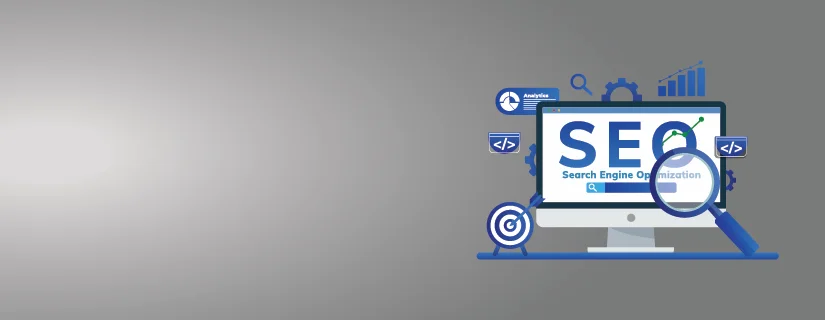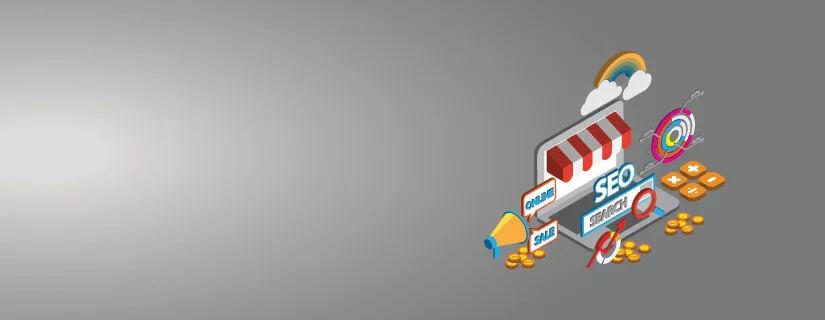- /
- Blog
- /
- Google Ads, SEO &...
Google Ads, SEO & Facebook Ads:
Choosing the Right Strategy
Google Ads, SEO & Facebook Ads: Choosing the Right Strategy
In this age of technology, an online presence is a must for any business. Marketers strive to improve visibility, traffic, and convert visitors into repeat customers. While word-of-mouth and other marketing strategies are still applicable, modern marketing encompasses a much wider range. The plethora of options available can be overwhelming, especially with available choices like Google Ads, Facebook Ads, and SEO.
Do you want to focus on organic visibility using SEO? Are you looking for instant recognition through Google Ads? Or is leveraging Facebook Ads, which is gaining more popularity, a better choice? Knowing the advantages of each platform will determine what choice will benefit your business the most.
Provide an explanation of the difference between Google Ads and SEO.
Using Google Ads allows the user to simply pay for advertising by bidding on where they wish their ads to be displayed, while for SEO bids are not used as it hopes to improve its positioning organically. In order to improve visibility, both strategies need to be considered and executed simultaneously, however, using Google Ads is the only approach that provides almost instant outcomes. Unlike Google Ads, SEO is far more complex.
Search Engine Optimization (SEO)
SEO is making changes to a website to perform better on organic search results on Google and other search engines. This involves creating quality content with relevant keywords, backlinks, and better website performance.
Pros of SEO:
- Helps In The Long Run: Your website can obtain valuable traffic with almost no constant investment as long as it is performing well.
- Improves Trust: Users find organic search results to be more trustworthy compared to paid advertisements.
- Saves Money Over Time: As opposed to paid ads, you don’t have to pay directly for every click or impression you receive with SEO.
Cons of SEO:
- Requires Patience: SEO may require a lot of time before your efforts will yield results.
- Wide Competition: Having your website listed as one of the first results within competitive niches is not simple.
Google Ads (Pay-Per-Click Advertising – PPC)
With Google Ads, or Pay-Per-Click advertising (PPC), a business can show ads on their search engine result pages (SERPS). The sponsored ads will always be placed above organic results and webpages, therefore giving immediate attention to the business at hand.
Pros of Google Ads:
- Instant Traffic: Google Ads provides direct visibility unlike SEO where the traffic is gained slowly.
- Focus your Advertisement: Specific keywords, location and demographics can be chosen.
- Flexible: You can decide to increase or decrease your budget depending on performance.
Cons of Google Ads:
- Costs Add Up: Google Ads requires funds for every single click. Competitive niches tend to have a very high CPC (cost-per-click) rate.
- Short Term Results: When payment is halted so too is the traffic.
What is the difference between Google Ads and Facebook Ads for my business?
Google Ads uses intent targeting through searches, serving ads to users who are looking for specific information. Advertisers targeting users on Facebook only focus on primary interest and demographic details of users. Both approaches are useful, but Google Ads is more likely to generate leads conversions. These differences can help direct the optimization process of a campaign
Want to maximize your marketing ROI? Our audit & consulting services help identify what’s working and what’s not.
Google Ads (Intent-Based Advertising)
Google Ads are effective only when individuals are looking for a specific product or service. It captures demand through displaying ads to users actively searching for targeted phrases.
Best For:
- Capturing leads and making immediate sales.
- Businesses that have potential customers actively looking for what they offer.
Facebook Ads (Interest-Based Advertising)
Using Facebook Ads, potential customers are targeted based on their interests, behaviors, and demography. Instead of targeting based on search intent, Facebook Ads generate demand by showing ads to people who could potentially be interested.
Best For:
- E-commerce advertisers who want to promote their brands to a wider range of people.
- Branding campaigns.
Speaking to consumers that are not actively searching for the businesses goods or services.
SEO, Google Ads, and Facebook Ads all come with their merits and disadvantages. For growing businesses needing steady development, SEO works best. Though, for companies needing instant clicks and sales, Google Ads is the best solution. Meanwhile, Facebook Ads foster engagement and help create a broader sphere of brand awareness for potential buyers, regardless if they are proactively looking for a product or service.
Choosing the correct digital marketing strategy will always rely on business objectives, financial resources, and the market’s target segment. A mix of strategies is the most effective way to increase reach. Businesses will always benefit from effective SEO, Google Ads, and Facebook Ads usage as leads, traffic, and sales will be consistent.
Share this Article On:
Recent Updates
- 12 February 2025
- 12 February 2025
- 12 February 2025
- 12 February 2025
- 12 February 2025
Have a Question?
If you cannot find answers to your queries, please fill out the enquiry form. We will contact you shortly.








